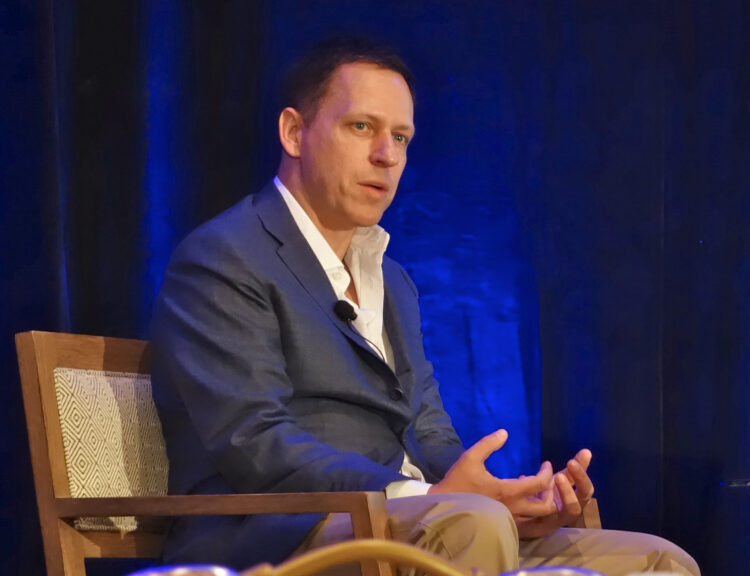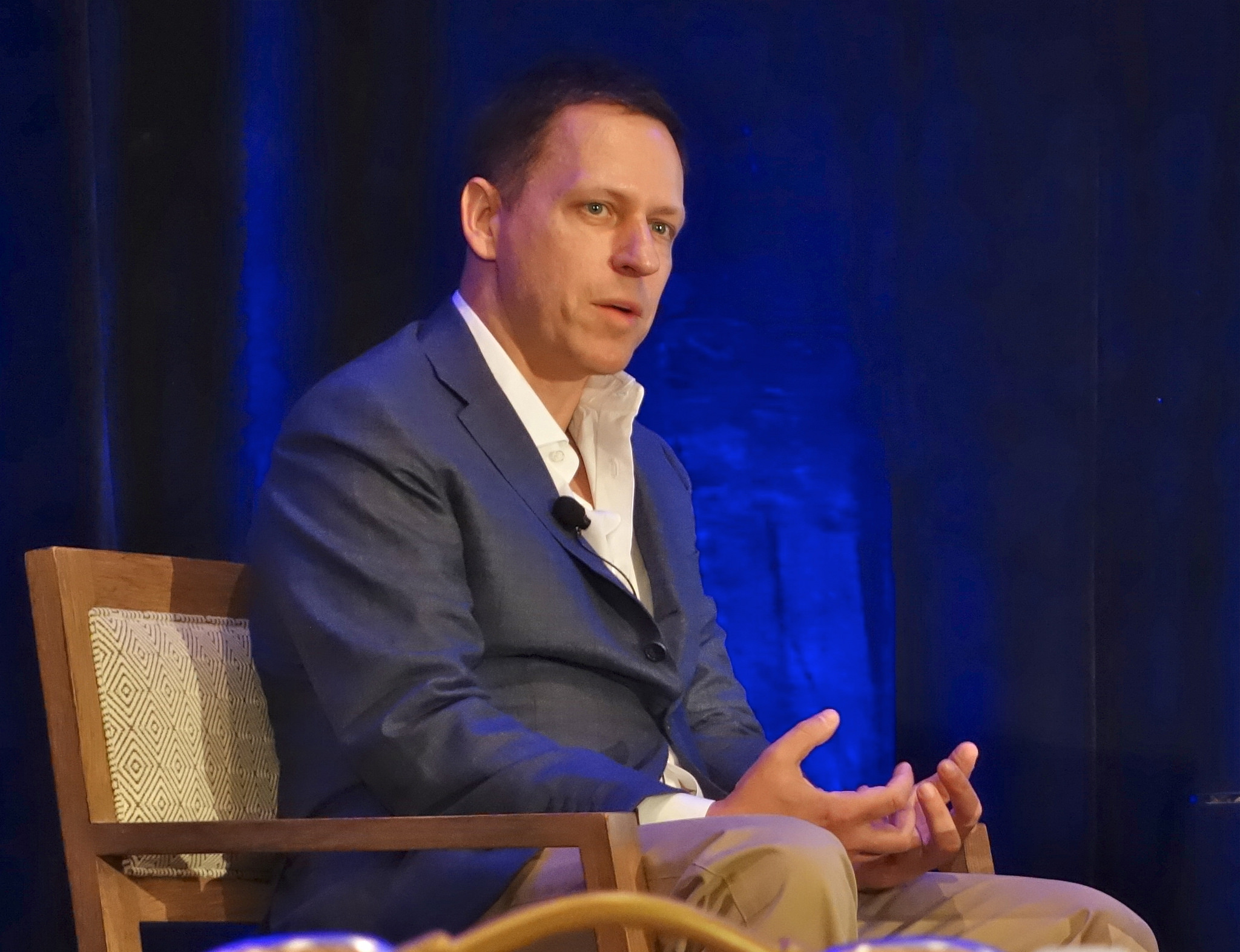CEOs with strong reputations and the know-how to promote their accomplishments (that is, CEOs with strong brands) have a significant advantage over their competitors. Having a powerful CEO brand can put your company in front of its target audience in a way that the corporation alone cannot.
Why? Simple: Businesses don’t do speaking engagements, businesses rarely “emotionally connect” with audiences and outside of CNBC/Fox Business News, they are rarely profiled on TV. And when media is looking for a great business-related story, they often focus on how the CEO/founder built the business or how a new CEO reshaped it — because people love human-interest stories. They want to emotionally connect with your company. Hearing your vision gives them an affinity for your product.
As a result, brand loyalty to a product can be trumped by brand loyalty to a CEO. For example, I’m a U.S. Airways frequent flyer. I get upgrades almost every time I fly. But, because I’m such a huge fan of Richard Branson, and Virgin now has flights available out of Philadelphia, I’m planning to use them next time I fly cross-country. Remove Branson from the equation, I’d have no interest in Virgin.
Similarly, I recently had a client who had developed a business service focused specifically on assessing new product development at corporations. As a result of the traction he got with his book and his reputation as a speaker, he gave a paid keynote to one of the largest corporations in the world. Executives listened to him intently, and the next day several met with him to learn more. He also won the governor’s award in his state for best small business.
But none of that would be possible without a strong CEO brand. So how do you do it?
- Develop a CEO brand strategy. This includes analyzing your brand strengths and aligning them with the corporation’s. In other words, emphasize the portions of the CEO brand that also ring true for the company.
- Determine which audiences you want to go after and what message will connect with them the most. This differs from a corporate strategy because you are looking at a more indirect message to get people to resonate with the CEO. The CEO serves as the bridge so that the customer will gain interest in the business.
- Determine the tools you will use to get the message out. Will it be speaking? PR? Social media? A book? Strategic advertising with the CEO message?
- Determine how to measure your results.What benchmarks are you looking for? Increased leads? More website traffic? Determine the metrics that make the most sense for you.
- Assess the results. Analyze your results utilizing the metrics you’ve developed, plus some bottom-line items such as revenue growth, close rates and increased pricing. Adjust your strategy from there.
Start utilizing these techniques now, and soon you’ll have a CEO advantage that will last the rest of your career. The best thing about a CEO brand is that, when done well, it is portable — as you think about starting future ventures, your CEO brand will follow you.
As the greatest success expert of the past 100 years, Napoleon Hill, said in his famous book The Laws of Success, “People buy personalities as much as merchandise, and it is a question if they are not influenced more by the personalities with which they come in contact than they are by the merchandise.”
75 years later, these words have never rung more true.
The Young Entrepreneur Council (YEC) is an invite-only organization comprised of the world’s most promising young entrepreneurs. In partnership with Citi, YEC recently launched BusinessCollective, a free virtual mentorship program that helps millions of entrepreneurs start and grow businesses.
Image credit: CC by Steve Jurvetson




